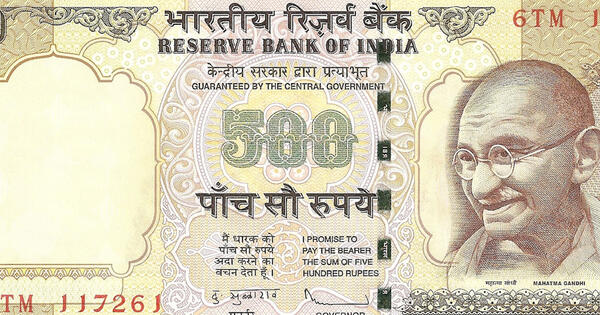Money Bills in India
Money Bills are a unique category of legislation in India. They focus solely on financial matters. These include taxation, public expenditure, and borrowing. The framework governing Money Bills is outlined in the Constitution of India.
Definition
A Money Bill is defined under Article 110 of the Constitution of India. It deals exclusively with financial issues. This includes the imposition, abolition, or alteration of taxes. It also covers government borrowing and the management of public funds.
Constitutional Basis
The constitutional basis for Money Bills is found in Article 110. This article specifies the criteria for classifying a bill as a Money Bill. The Constitution provides a clear framework for their introduction and passage through Parliament.
Characteristics of Money Bills
Money Bills have distinct characteristics that set them apart from other types of legislation.
Definition Criteria
A bill qualifies as a Money Bill if it addresses the following:
- Imposition, abolition, or alteration of any tax.
- Regulation of borrowing by the Government of India or states.
- Custody and management of the Consolidated Fund or the Contingency Fund of India.
- Any matter incidental to the above.
Exclusivity
Money Bills must exclusively deal with the financial matters listed above. They cannot contain provisions unrelated to these issues. This exclusivity is crucial to their classification.
Legislative Process
The legislative process for Money Bills is distinct from that of other bills.
Introduction in Lok Sabha
Money Bills can only be introduced in the Lok Sabha, the lower house of Parliament. This restriction ensures that financial legislation is initiated by the elected representatives of the people.
Role of Rajya Sabha
The Rajya Sabha, or upper house, has a limited role in Money Bills. It can only make recommendations. The Lok Sabha has the discretion to accept or reject these recommendations.
Presidential Assent
After a Money Bill passes in the Lok Sabha, it is sent to the President of India for assent. The President cannot return a Money Bill for reconsideration. This provision streamlines the legislative process.
Distinction from Other Bills
Money Bills are distinct from other types of legislation.
Types of Bills
There are three main categories of bills in India:
- Money Bills: Focus solely on financial matters.
- Financial Bills: May include financial provisions but also non-financial aspects.
- Ordinary Bills: Do not deal with financial matters at all.
Constitutional Provisions
Article 117 of the Constitution differentiates between Money Bills and Financial Bills. This distinction is important for understanding the legislative process in India.
Importance of Money Bills
Money Bills play a vital role in the governance of India.
Fiscal Responsibility
Money Bills are essential for the government’s fiscal management. They facilitate budgetary processes and ensure financial stability.
Legislative Efficiency
The streamlined process for Money Bills allows for quicker passage. This efficiency is crucial for implementing essential financial legislation in a timely manner.
Historical Context
The historical context of Money Bills reveals their significance in Indian governance.
Constitutional Assembly Debates
The provisions regarding Money Bills were extensively debated during the framing of the Constitution in 1949-1950. These discussions shaped the current legislative framework.
Significant Money Bills
One of the most notable Money Bills is the Finance Bill. It is presented annually to implement the government’s financial proposals. This bill is a key component of the budgetary process.
Challenges and Criticisms
Despite their importance, Money Bills face challenges and criticisms.
Rajya Sabha’s Limited Power
The limited role of the Rajya Sabha in Money Bills has been a point of contention. Critics argue that this undermines the bicameral nature of Parliament. They believe that both houses should have a more equal role in financial legislation.
Ambiguity in Definition
There can be ambiguity in defining what constitutes a Money Bill. This can lead to disputes and varying interpretations. Such ambiguity complicates the legislative process.
Legislative Framework
The legislative framework surrounding Money Bills is essential for financial governance.
Role in Governance
Money Bills ensure that financial matters are handled efficiently. They provide a mechanism for the government to manage its fiscal responsibilities effectively.
Impact on Citizens
The passage of Money Bills directly impacts citizens. Changes in taxation and public expenditure affect the economy and individual livelihoods. About Money Bills is crucial for citizens to grasp government financial policies.



